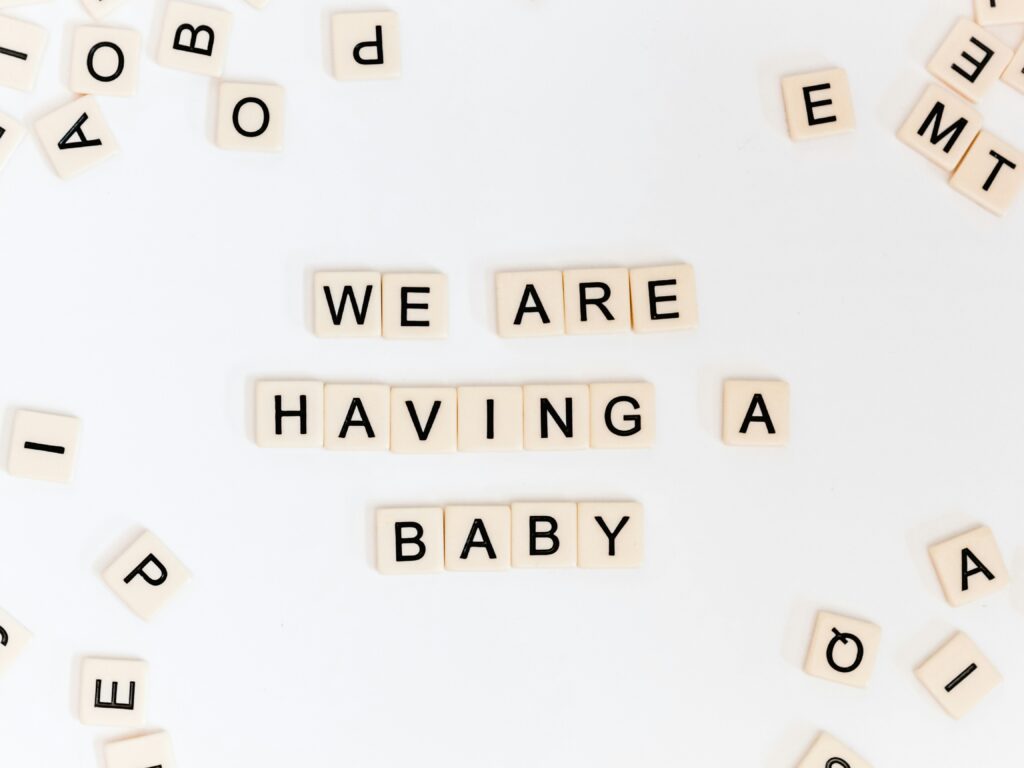Separation and divorce are some of the hardest experiences adults can go through. Even when the relationship has clearly run its course, the ending can bring grief, anger, guilt, and fear about what lies ahead. For parents, there is the added pressure of worrying about the children. Many of the parents I meet in therapy carry a heavy burden of guilt: “Have I ruined my children’s lives?”
It’s a question that tugs at the heart. And it’s usually followed by another: “What can I do to make sure my children are OK?”
Over the years, research has told us something consistent: children are remarkably resilient. What makes the biggest difference to their wellbeing after separation is not the divorce itself, but how the parents manage the ongoing relationship. If parents are OK – if they can manage conflict, keep communication civil, and co-parent with some consistency – then children are much more likely to be OK too.
Why parental conflict matters so much in co-parenting after separation
Children don’t need perfection from their parents. What they need most is a sense of safety and emotional security. When conflict between parents becomes chronic, children pick up on it in ways that can be confusing and painful.
Some children try to “fix” things by pleasing one parent or becoming overly responsible. Others withdraw or act out because the tension feels unbearable. The separation itself isn’t what causes long-term harm. It’s when children feel stuck in the middle of adult battles.
Co-parenting after separation works best when parents learn to reduce conflict and communicate more calmly. When arguments are kept away from children, they are spared from carrying adult struggles. This is why healthy co-parenting after divorce, and learning to relate differently, is so crucial.
From couple to co-parents: building a new relationship
One of the biggest challenges in parenting after divorce is that separation doesn’t end the relationship between two adults when they share children. It changes the relationship, yes, but it doesn’t dissolve it. You may no longer be romantic partners, but you are still partners in parenting.
That shift can feel jarring. You may still carry old wounds from the marriage: anger, betrayal, disappointment. These feelings don’t vanish when the papers are signed. If left unacknowledged, they often leak into conversations about school pick-ups or holiday arrangements.
The task is to find a new way of relating: not as spouses, but as collaborators in raising children. Think of it as a transition from intimate partners to business partners with a shared, precious project: your child. That’s the heart of effective co-parenting after separation.
What “being OK” looks like for separated parents
Being “OK” doesn’t mean being best friends with your ex or never disagreeing again. It means:
- Being able to talk about the children without every discussion turning into a row.
- Keeping conflict away from the children so they don’t feel torn in two.
- Creating predictable routines so children feel stable in both homes.
- Accepting that your ex may do things differently, without needing to control every detail.
It’s about finding good-enough cooperation. Children don’t need perfection from parents after divorce, but they do need a basic sense of security that their parents can handle the grown-up stuff.
Practical tips for co-parenting after separation
Here are some down-to-earth steps that can make co-parenting less fraught and more child-centred:
- Separate your conversations
Try not to discuss parenting logistics when emotions are high. If an argument is brewing, suggest a pause and return to the topic later when things have cooled. This avoids escalating small issues into major rows.
- Use a “business tone” when communicating with your ex
Imagine you’re emailing a colleague. Keep it polite, clear, and focused on the practical matter at hand. This helps keep co-parenting communication less emotionally charged and models calm behaviour for your children.
- Don’t put children in the middle
Avoid asking them to pass messages or take sides. Even small comments like “Tell your dad he’s late again” can weigh heavily on a child. Let your child be a child, not a go-between.
- Aim for consistency, not control
Children thrive when rules are broadly similar in both homes. Agree on a few basics — like bedtimes, homework routines, or screen time limits — but accept that each parent will have their own style. Flexibility is just as important as consistency.
- Support your child’s relationship with the other parent
Even if you feel hurt or angry, reassure your child that it’s good and safe to love both parents. This is one of the strongest protective factors for children after divorce. Speaking positively (or at least neutrally) about the other parent gives your child permission to enjoy their time with them.
- Use tools to reduce tension
Shared calendars, parenting apps, or written agreements can make logistics clearer and reduce the need for repeated arguments. Having neutral systems helps keep communication focused and factual.
- Get support for yourself
Friends, family, therapy – whatever helps you process your own feelings. The more supported you feel, the less likely those feelings are to spill over into your parenting relationship. Looking after yourself is one of the best things you can do for your children.
What children really need after separation
Children don’t need parents to be perfect. They need parents who can:
- Show up reliably.
- Keep them out of adult disputes.
- Provide stability across both homes.
- Allow them to love both parents without guilt.
When these needs are met, children can adapt remarkably well to life after divorce. They may still feel sad or angry at times, but with consistent love and reduced conflict, they usually regain a sense of security.
The long-term benefits of calmer co-parenting
Parents often underestimate the long-term impact of their behaviour after separation. Research shows that when parents manage conflict well and co-parent with respect, children:
- Do better academically.
- Have stronger friendships and social skills.
- Experience fewer behavioural and emotional difficulties.
- Grow into adults who feel more confident in their own relationships.
By contrast, high-conflict co-parenting increases the risk of anxiety, depression, and difficulties with trust later in life. The way you and your ex manage this stage doesn’t just affect today. It shapes your child’s future.
A final thought
It’s natural to worry about your children during and after a separation. But remember this: children don’t need you to get everything right. What matters most is that they are not caught in the crossfire of adult conflict.
If you can find a way to be “OK enough” with your ex – to cooperate where it counts and step back where it doesn’t – your children will feel the difference. They will know that while the shape of their family has changed, the foundation of love and security remains.
Separation ends a marriage, but it doesn’t end your role as parents. When you care for that relationship – even in its new form – you give your children the greatest gift: the freedom to be children, without carrying the weight of adult struggles.
✨ As a relationship psychotherapist, I’ve supported many separated parents through this tricky stage of moving from partners to co-parents. If you’re navigating co-parenting after separation or parenting after divorce, you’re not alone. The challenges of communication, reducing conflict, and supporting children through this transition are real, but they can be managed.
If this resonates with you, I’d love to hear your reflections. How have you managed the shift from partners to co-parents? And what’s been hardest about finding a new way of relating while parenting after separation?
Top of Form
Bottom of Form


